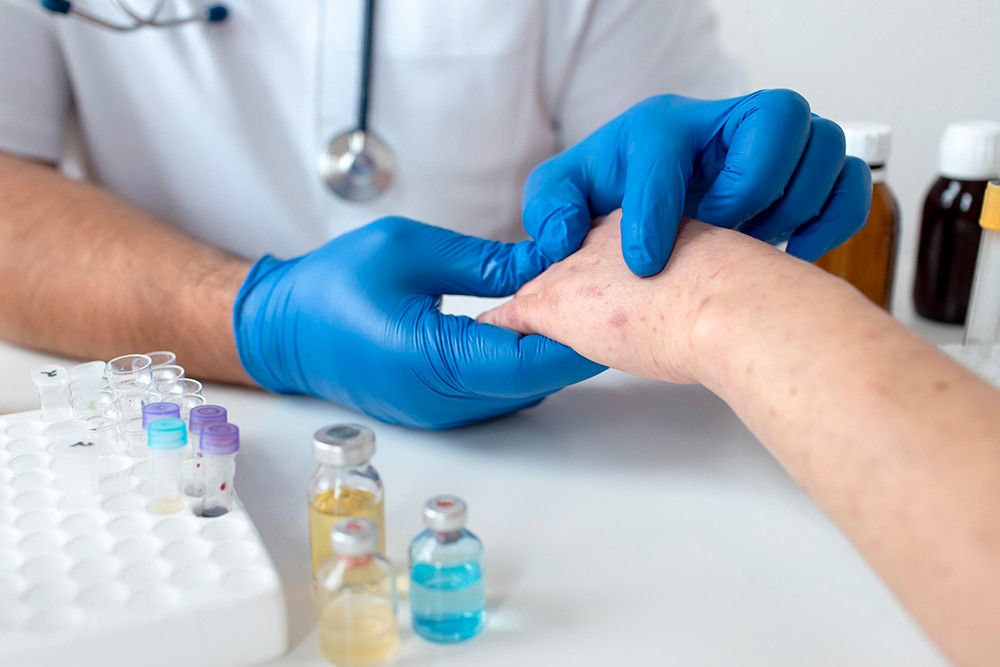Can you believe that over 1.6 million people die from fungal diseases every year? That's a higher mortality rate than malaria. Yet, despite the alarming rates and severity of human fungal diseases, they are often overlooked.
There are approximately 1.5 million species of fungi, with around 300 species known to cause human diseases. Candida, Aspergillus, Pneumocystis, and Cryptococcus are the most common fungi causing severe fungal infections in immunocompromised individuals. These fungi primarily target the blood, lungs, and other organs, leading to life-threatening consequences. While several antifungal drugs are available on the market, treating fungal infections becomes more challenging when they spread to the bloodstream and lungs. This condition is known as invasive fungal disease. Fungal diseases occur either due to direct fungal invasion or opportunistic infections. Opportunistic infections are common in individuals with compromised immune systems, such as those affected by HIV/AIDS, cancer, and patients undergoing organ transplantation with immunosuppressive therapy. However, invasive fungal diseases are not easily treatable. Prolonged use of antifungal drugs is also undesirable as fungi can develop resistance over time.
Some of these fungi exist as organisms in the environment without causing any harm. However, once inhaled or encountered through other routes, they can cause harm to patients. For example, Aspergillus is a fungal organism that exists as mold in the environment. But when inhaled, it attacks the lungs and spreads to other organs, reducing the survival chances of immunocompromised patients. Other fungi, known as Candida, reside within the body and do not cause harm. However, they can occasionally lead to oral and vaginal infections. While these infections are treatable, they affect the quality of life for patients.
Stay vigilant and protected: Although human fungal diseases are overlooked, it is evident that this threat has been rapidly increasing over the past few decades. With new challenges, it will continue to rise in the future, and we need to be prepared. If you have a weakened immune system, be mindful of your symptoms. If you fall ill, contact your doctor immediately. Avoid self-treatment. You need an accurate diagnosis to prevent unnecessary risks in the future.
